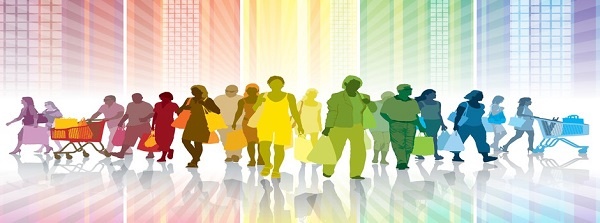
Steve Jones believes consumer behavior is guided by a hierarchy of basic needs balancing cost (low prices), convenience and customer experience through online shopping options and innovative brick and mortar presentations.
The International Director of Jones Lang LaSalle Inc. (JLL) compares this new frontier to the famous Maslow’s Hierarchy of human needs, which is usually presented as a five-tiered pyramid:
- Food, water, warmth and rest
- Safety and Security
- Love and Belongingness
- Esteem, prestige and acceptance
- Self-actualization and creativity
“As you move up the hierarchy, you need personal touch points. Coffee may be a basic need, but Starbucks has taken it to the level of belongingness,” he says.
While the media has always guided our aspirations, over the past few decades the process has accelerated, he says, citing the ways in which Pinterest and HGTV have shaped America’s concepts of home “necessities.”
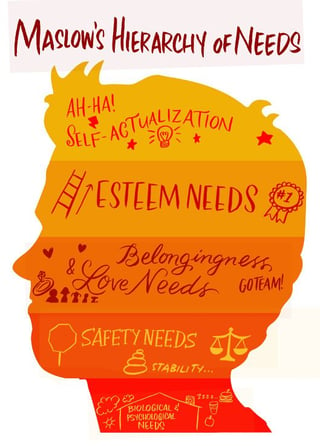 Jones calls out examples from his own life. When his elderly parents passed away, he had to renovate the house they shared for 45 years before putting it on the market. An architect, when it came time to put the house he had custom-built in 2000, “I still had to renovate the master bathroom to sell it.”
Jones calls out examples from his own life. When his elderly parents passed away, he had to renovate the house they shared for 45 years before putting it on the market. An architect, when it came time to put the house he had custom-built in 2000, “I still had to renovate the master bathroom to sell it.”
Getting It Right
Some old familiar names, along with known innovators, are getting it right, Jones says. Standouts include:
- Kroger, which has been working on adding pre-order drive-up service to its menu, a free service that “I’d be willing to pay for.”
- Publix, keeping up with the supermarket competition, has introduced cooking classes during the busiest shopping times. “They’re educating their consumer.”
- Chick-fil-A, which is including additional drive-throughs to handle overflow traffic. “It’s more convenient, and if they don’t do it, their competitors will.”
- LLBean, the catalog and now online shopping stalwart, has introduced a new brick & mortar store concept.
- Microsoft, which branched out by giving its customers a hands-on experience in its Fifth Ave. Store. Which Newsweek called “a playground for nerds.”
- Under Armour is mastering social media marketing in its Michigan Avenue flagship store, where a highly visible statue in a tight T-shirt has become the must-have selfie for tourists and Chicago locals alike. “They’re getting all this free publicity.”
Even American Express, not known for any recent innovations, has decided to shake things up by reinventing the concept of airport lounges. The wine, onsite chefs and other amenities inspired Warren Buffet to comment, “The lounges look terrific, almost enough to make me take up commercial flying.”
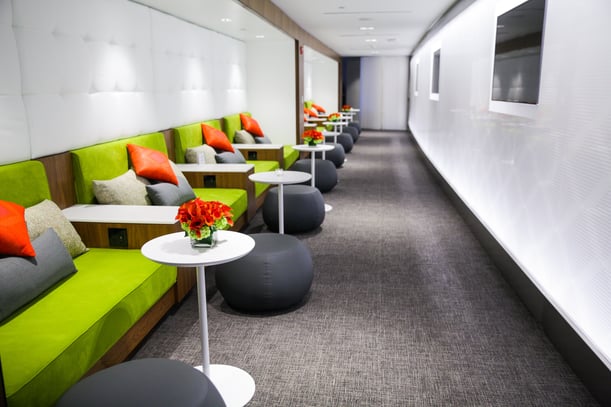
The American Express Airport Lounge adds value for card holders travelling at LaGuardia Airport.
Jones emphasizes that the retail store isn't going away-- but brands who aren’t focused on enhancing either their convenience or customer experience in today’s competitive marketplace will be. The media’s 24/7 influence has changed the game and accelerated expectations, providing retailers everywhere an opportunity to rise and ramp up their value to meet them. Brands catering to the needs and priorities of their target customer will thrive amid the industry-wide disruption.

Posted by
Physical Retail Reimagined.
RetailSpaces is a community for store development and design innovators.
March 29-31, 2026 | San Antonio, TX
Learn More!
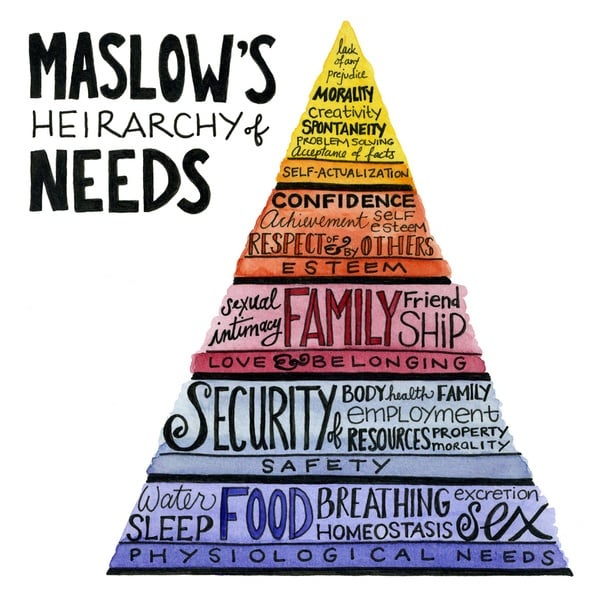





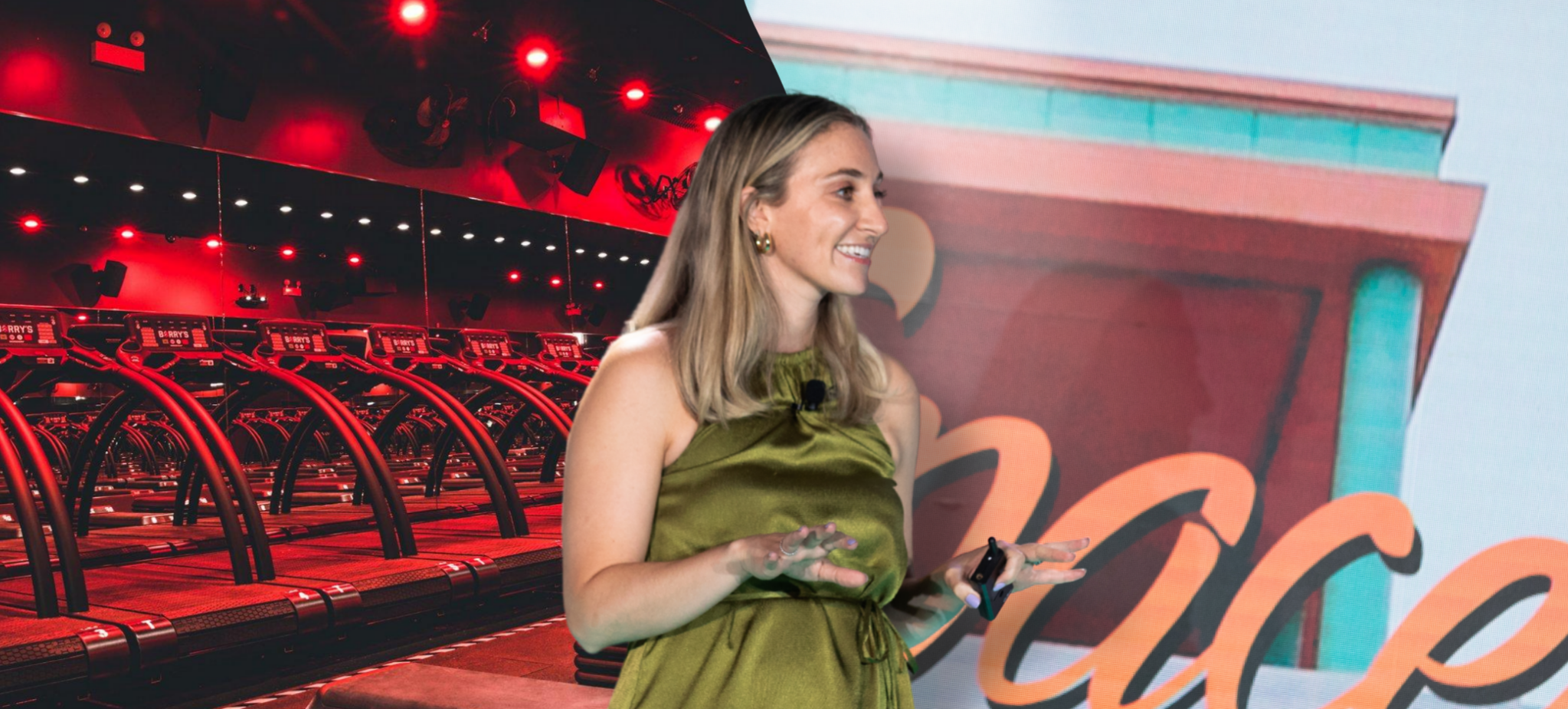

Comments